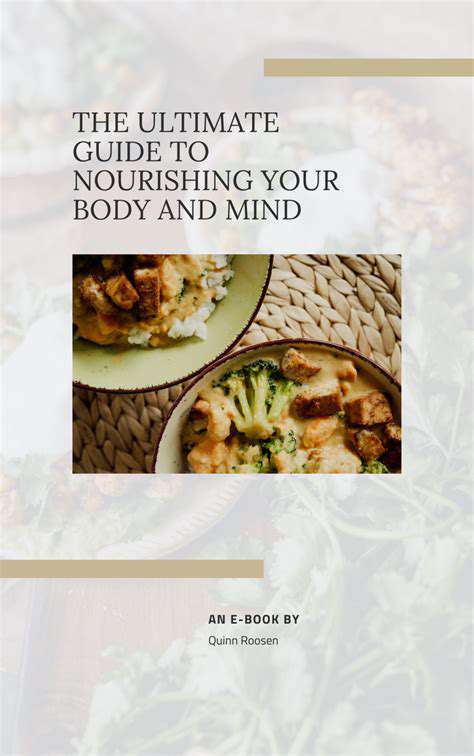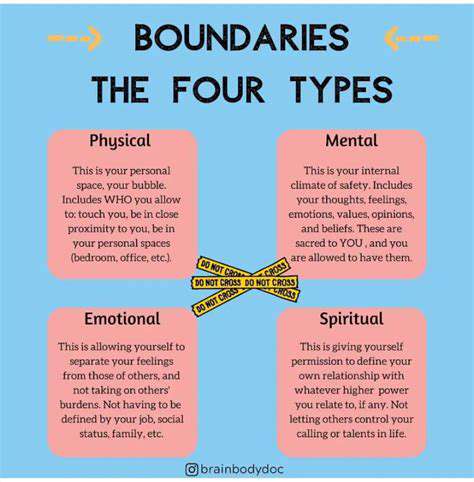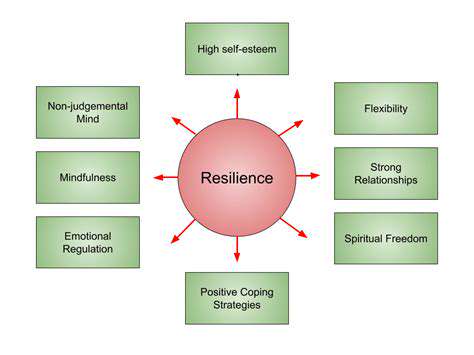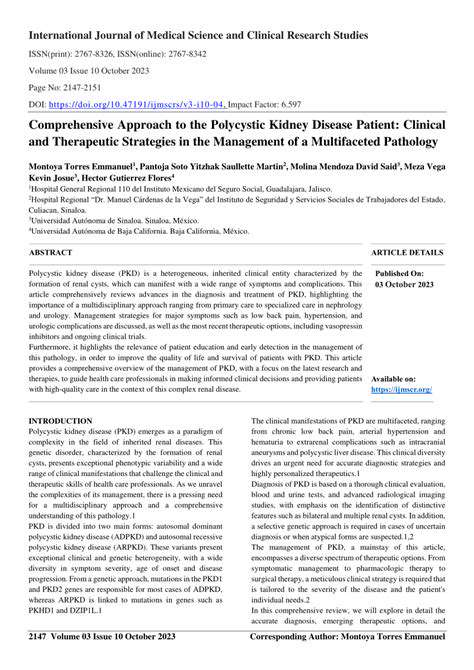Best Daily Rituals for Stress Reduction

Cultivating Inner Peace
Achieving serenity isn't about eliminating all stress from your life, but rather about developing the inner resilience and coping mechanisms to navigate life's inevitable challenges with grace and composure. This involves recognizing that stress is a natural part of the human experience and learning to manage it effectively. Cultivating mindfulness practices, such as meditation and deep breathing exercises, can significantly contribute to inner peace and reduce feelings of anxiety. Finding moments of quiet reflection and allowing yourself to be present in the moment is crucial.
Understanding that your thoughts and emotions are not permanent can also be pivotal. They are constantly changing, and by acknowledging this, you can detach yourself from their negative effects. Focusing on the present moment, rather than dwelling on the past or worrying about the future, allows for a more peaceful and centered state of mind.
Identifying and Addressing Triggers
Understanding what triggers your stress response is the first step towards managing it effectively. Recognizing patterns and situations that consistently lead to feelings of anxiety or overwhelm is essential for developing coping strategies. Keeping a journal to track your stressors and reactions can be a valuable tool in this process.
It is important to pay attention to both external and internal triggers. External triggers, such as deadlines or difficult conversations, often impact us more directly, while internal triggers, like self-doubt or past traumas, may require more introspection and self-compassion to address effectively. Identifying and understanding these triggers empowers you to proactively manage them.
Building a Supportive Network
A strong support system is vital for maintaining serenity. Surrounding yourself with positive and encouraging people who offer empathy and understanding can greatly impact your ability to cope with stress. Nurturing meaningful relationships, whether with family, friends, or mentors, provides a crucial safety net during challenging times.
Seeking support from trusted individuals is important. Talking to a therapist, counselor, or trusted friend can provide valuable perspective and guidance. Sometimes, simply sharing your feelings and experiences with someone who cares can significantly alleviate stress.
Practicing Self-Care Rituals
Incorporating self-care rituals into your daily routine is crucial for maintaining your mental and emotional well-being. Prioritizing activities that nourish your body, mind, and soul, such as exercise, healthy eating, and engaging in hobbies you enjoy, is essential. These actions can help you recharge and restore your sense of balance.
Making time for activities that bring you joy is also a critical aspect of self-care. This could involve reading, listening to music, spending time in nature, or pursuing a creative outlet. These moments of relaxation and enjoyment contribute significantly to overall serenity.
Embracing Acceptance and Letting Go
Acceptance plays a crucial role in achieving serenity. Learning to accept things that are beyond your control, including negative experiences or challenging circumstances, is essential for maintaining inner peace. Focusing on what you can control and letting go of what you cannot is a powerful tool for reducing stress and anxiety.
Letting go of perfectionism and unrealistic expectations is an important step in this process. Recognizing that not everything will always go according to plan can be liberating and foster a more accepting and peaceful mindset. This cultivates a greater sense of resilience and contentment.


Read more about Best Daily Rituals for Stress Reduction
Hot Recommendations
-
*Guide to Managing Gout Through Diet
-
*Best Habits for Financial Well being
-
*How to Build a Routine for Better Mental Health
-
*How to Eat Healthy on a Budget [Tips & Meal Ideas]
-
*Guide to Practicing Self Acceptance
-
*How to Incorporate More Movement Into Your Day
-
*Guide to Managing Chronic Pain Naturally
-
*Guide to Building a Reading Habit for Well being
-
*Top 5 Weight Loss Supplements That Actually Work
-
*Best Exercises for Postpartum Recovery [Beyond Abdominal Work]








![Best Supplements for Joint Health [2025 Review]](/static/images/26/2025-07/OtherPotentialJointSupportSupplements3AACloserLook.jpg)

